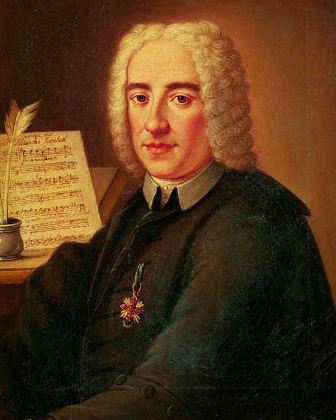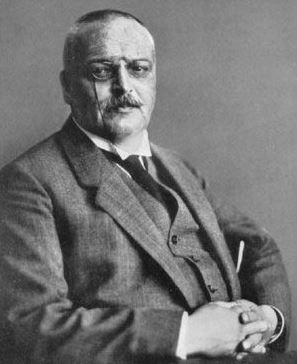Imagine the bustling streets of late 17th-century Naples, where every corner resonates with music. In the midst of this lively city, Alessandro Scarlatti emerged as a revolutionary force in Baroque music. This article explores the life, innovations, and lasting legacy of this extraordinary composer.
The Early Life of a Prodigy
Born on May 2, 1660, in Palermo, Sicily, Alessandro Scarlatti was introduced to music through his father, Pietro, a talented musician. From a young age, Alessandro displayed an exceptional talent that set him apart.
- Musical Beginnings: Scarlatti’s early exposure to music came from his father’s teachings. By the age of 15, he had composed several works, showcasing his natural aptitude.
- Relocation to Naples: In 1679, Scarlatti moved to Naples, a city renowned for its vibrant musical culture. This move was pivotal, offering him opportunities to develop and showcase his talents.
Revolutionizing the Opera Scene
Scarlatti’s arrival in Naples marked the beginning of a new era in opera. His innovative approach to opera seria, a style focused on serious, often historical themes, transformed the genre.
- Innovative Style: Scarlatti’s operas introduced a fresh style that emphasized dramatic narratives and emotional depth. His use of elaborate arias and intricate musical structures set new standards.
- Iconic Works: Operas like “Il Mitridate Eupatore” and “La Griselda” were groundbreaking. They featured complex characters and plots, combining rich orchestration with powerful vocal performances.
Crafting Emotional Depth in Music
What made Scarlatti’s music truly remarkable was his ability to blend technical prowess with emotional expression. His compositions were more than just technically sound; they were deeply moving.
- Complex Harmonies: Scarlatti’s mastery of counterpoint and harmony created music that was both intricate and expressive. His use of complex harmonies added depth and richness to his compositions.
- Emotional Impact: Scarlatti’s music had a profound emotional impact on listeners. His ability to convey intense emotions through music made his works memorable and influential.
Legacy and Influence
Scarlatti’s death on October 22, 1725, marked the end of an era, but his influence continued to shape the world of music long after. His innovative approach to opera and sacred music left a lasting legacy.
- Influence on Future Composers: Scarlatti’s work had a significant impact on later composers such as Handel and Vivaldi. His innovations in opera and music theory influenced the development of classical music.
- Enduring Reverence: Today, Scarlatti’s music remains a cornerstone of the classical repertoire. His compositions are performed and celebrated worldwide, reflecting the timeless quality of his work.
Scarlatti’s Lasting Impact
Scarlatti’s legacy extends beyond his compositions. His influence on the evolution of Baroque music and his contributions to opera have left an indelible mark on the music world.
- Educational Influence: Many musicians and scholars continue to study Scarlatti’s work. His approach to composition and innovation in opera provide valuable lessons in music theory and performance.
- Cultural Impact: Scarlatti’s music continues to resonate with audiences, demonstrating the enduring appeal of his artistic vision. His operas and compositions are regularly performed in concert halls around the globe.
Alessandro Scarlatti’s life and work embody the essence of Baroque musical innovation. From his early beginnings in Sicily to his groundbreaking contributions in Naples, Scarlatti’s influence on opera and classical music remains profound. His ability to merge technical mastery with emotional depth has ensured his place as a pivotal figure in music history.




